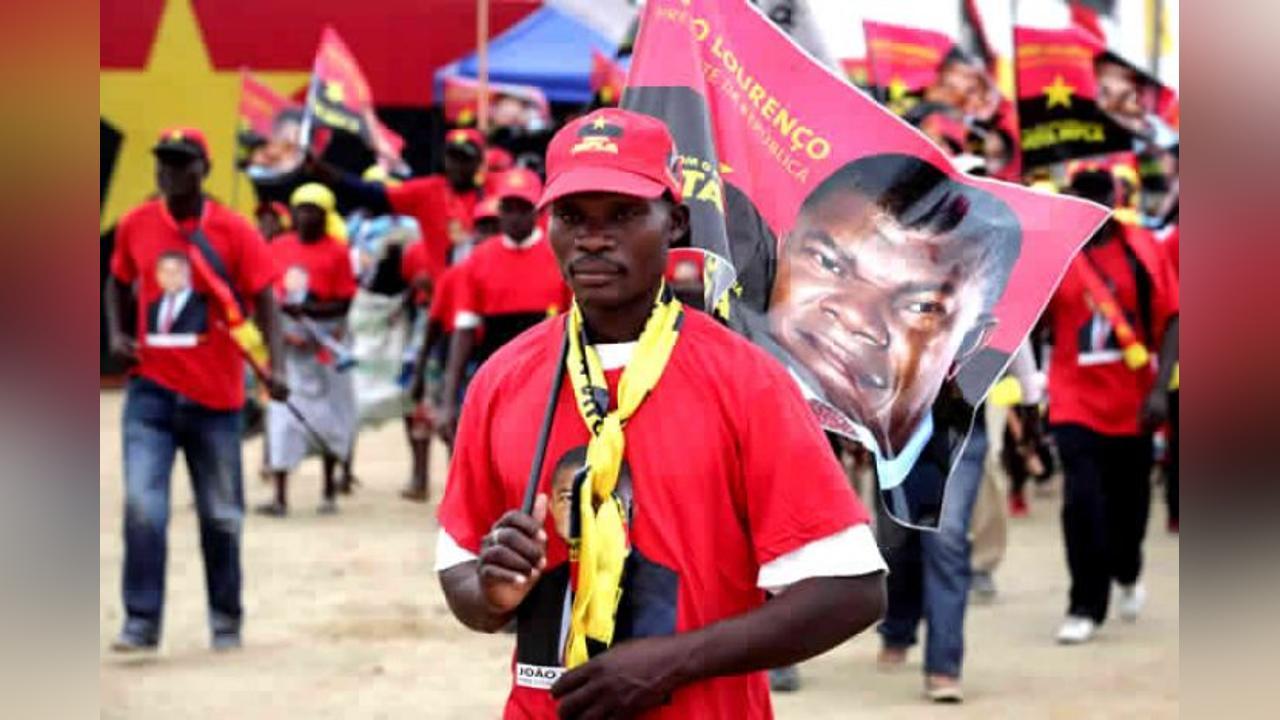Africa-Press – Angola. Cedesa, an entity that analyses Angolan affairs, argues that the concept of “right to govern” in Angola associated with the MPLA “has lost its validity” and that in the 2027 elections the voice of tax-paying citizens must be taken into account.
In a report to be published on its website this week, the CEDESA-Centre for Studies for Economic and Social Development in Africa Association states that “political legitimacy in Angola is undergoing a period of significant transformation” in which the concept of “the right to govern, previously associated with the MPLA, has lost its validity”.
A change that, according to Cedesa, reflects “the growing awareness of the Angolan population that pays taxes” and does not receive subsidies, essentially for fuel, about their role in supporting the State.
“The relationship between citizens’ tax contributions and the State’s ability to function has become a central element in the country’s political dynamics, going beyond ideologies and public demonstrations,” he says.
For Cedesa, “the voice of citizens, based on their economic contribution, will redefine political arrangements and the governance structure”, which requires “a deeper connection between those governing and those governed”.
The 2027 elections will represent “a historic milestone”, and could mark “a turning point in Angola’s political history”, as “the weight of social and economic transformation will have a direct impact on the choice of leaders and the definition of the country’s future”, concludes the group of academics.
Recalling that, throughout history, the payment of taxes has not only been a means of financing States and Governments, but also a “catalyst for significant political transformations”, the group emphasizes that this is “a determining factor in the formation of political systems and the consolidation of democratic rights”.
In Angola, there are more than 5.5 million people registered to pay taxes, “a notable number”, but, “considering that there are around 14 million people with the potential to be taxpayers, there is still a large margin to broaden the tax base”, he stresses.
On the other hand, following the guidelines of the International Monetary Fund (IMF), the Angolan Government is gradually withdrawing fuel subsidies, which represent a high cost for the General State Budget, having reached 9.1 billion kwanzas between 2021 and 2024 (8.6 billion euros).
In recent years, the Angolan government has adopted tax and fiscal reform measures, seeking to strengthen the collection of non-oil revenues, a fact that “changes the pre-existing relationship between the State and the people”, warns Cedesa, stressing that, “in the past, the State did not need the people to finance itself, now it does”.
If, since 2002, the political legitimacy of the Angolan regime was sustained by victory in the civil war and direct access to oil revenues, the fact is that, currently, in addition to needing to diversify sources of financing, with a growing contribution from citizens, 21 million Angolans (more than two thirds of the population) are under 25 years old, that is, with no memories of the liberation struggle or the civil war.
“This means that the legitimacy of the war means little or nothing to them, not recognizing the victorious party any right to exercise power”, highlights the group of academics, concluding: “If political power needs the people, then the people will participate in political power”.
Cedesa is dedicated to the study and research of political and economic issues in Southern Africa, especially Angola, as an initiative of academics and experts who met in the Angola Research Network.
For More News And Analysis About Angola Follow Africa-Press






